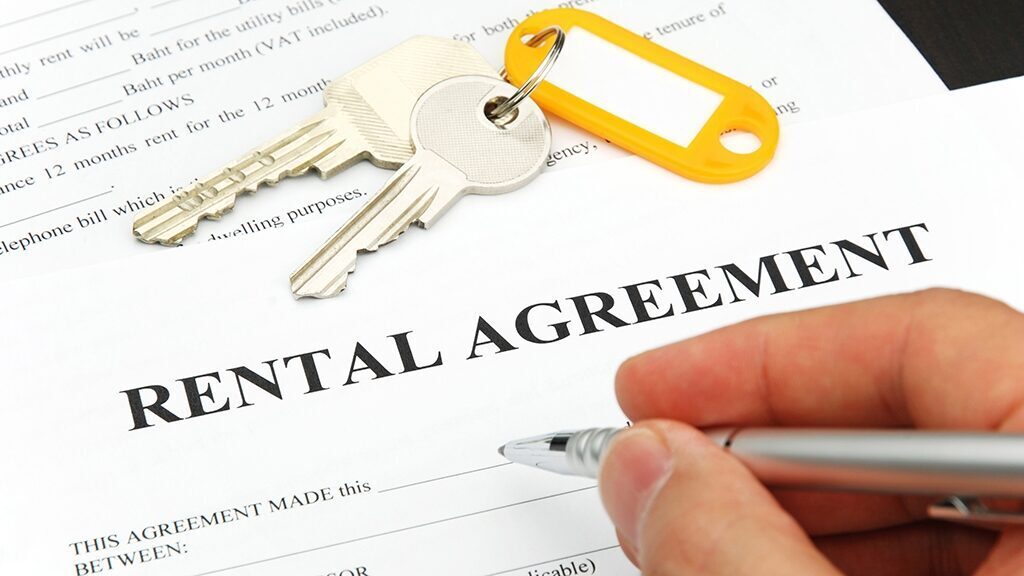LAST CHANCE FOR FLORIDA HOAS TO ADOPT UNIFORM RENTAL RESTRICTIONS THAT WILL APPLY TO ALL OWNERS
By: Christopher L. Pope, Esq., Board Certified by the Florida Bar in both Construction Law and
Condominium and Planned Development Law
-and-
Christopher J. Shields, Esq., Board Certified by the Florida Bar in both Real Estate Law and
Condominium and Planned Development Law

Barely a week ago, on April 27, 2021, the Florida Legislature passed Senate Bill 630 (SB 630). SB 630 has been sent to the Governor for his signature and is expected to be enacted and become law on July 1, 2021. SB 630 makes substantive changes to Chapters 718, 719, and 720, and consists of 101 pages. Particularly noteworthy and problematic are the provisions found on pages 93 and 94 of the Bill as they relate to amendments to homeowners association documents imposing rental restrictions. The proposed new law will prevent HOA amendments recorded on or after July 1, 2021, from regulating or prohibiting rental agreements for any existing owner that does not consent to the amendment.
SB 630 is being promoted as the same “grandfathered” clause as in condominium association documents, but is actually more general. Unlike with the grandfathering clause for condominiums (Section 718.110(13), Florida Statutes), which has very specific language that only protects a unit owner’s basic right to rent and the frequency and duration, the language for this proposed new HOA law is very broad and prevents amendments from being passed that will “regulate” rental agreements generally.
Does the inability to regulate a rental agreement mean an HOA cannot adopt an amendment requiring background checks, security deposits, transfer fees, or the right to disapprove tenants? There may be no answer until the issue is litigated or the law is changed again.
Note that there is a narrow exception in this proposed new law that will still allow HOAs to amend their governing documents to prohibit or regulate rental for a term of less than 6 months and/or prohibit the rental of a parcel for more than 3 times in a calendar year, and these amendments will apply to all owners. So, under this exception, HOAs will be able to prevent or regulate the length and frequency of short term or vacation rentals in the future.
If an HOA wants to adopt or update their rental restrictions so that they apply to all owners, they should act now to be sure they can be adopted and recorded by June 30, 2021. The process will take time because the amendments must be drafted, agreed upon in final form by the Board, mailed to the members at least 14 days in advance of a special membership meeting, voted on, and then, if passed, recorded in the public records. So, if your HOA is even considering or contemplating amending its governing documents to address and further restrict or impose additional lease restrictions, time is of the essence for HOAs to act now.
A note to the reader: This article is intended to provide general information and is not intended to be a substitute for competent legal advice. Competent legal counsel should be consulted if you have questions regarding compliance with the law.
Questions regarding the content of this article may be emailed to Christopher Pope at chrispope@paveselaw.com or Christopher J. Shields at cjs@paveselaw.com. To view past articles, please click “Publications” on our firm website. Mr. Pope is one of only two attorneys in Florida that is Florida Bar Board Certified in both Construction Law and Condominium and Planned Development Law. Mr. Shields is Board Certified by the Florida Bar in both Real Estate Law and Condominium and Planned Development Law. They are partners with the Pavese Law Firm, 1833 Hendry Street, Fort Myers, FL 33901; Telephone: (239) 334-2195; Fax: (239) 332-2243.

